Have you ever thought about how your banana peels and coffee grounds can become environmental superheroes? It might sound like a stretch, but when you start composting, you’re transforming your kitchen scraps into powerful agents of change.
Bye-Bye Greenhouse Gases
Picture this: a landfill, filled to the brim with rotting food and yard waste, quietly burping out methane gas. Gross, right? When your organic waste sits in a landfill, it decomposes without oxygen (anaerobically), creating methane in the process. Methane is a sneaky greenhouse gas that’s way better at trapping heat in our atmosphere than carbon dioxide, making it a major player in global warming.
In a compost pile, however, your food scraps are breaking down with plenty of oxygen (aerobically), producing far less methane. According to a new study in the Nature journal Scientific Reports, composting food scraps results in 38 to 84 percent fewer greenhouse gas emissions than tossing them in landfills.
Supercharging Soil Health
Think of compost as a magical elixir for your garden. When you compost, you create humus—a rich, dark substance packed with nutrients and beneficial microorganisms. Adding compost to your soil improves its structure, boosts its ability to retain water, and supercharges its nutrient content.
But wait, there’s more! Composting helps soil capture and store carbon dioxide, a process known as carbon sequestration. Healthier soils mean healthier plants, and healthier plants mean a healthier planet. Your compost pile isn’t just a trash transformation station, it’s a carbon-capturing, soil-enhancing powerhouse!
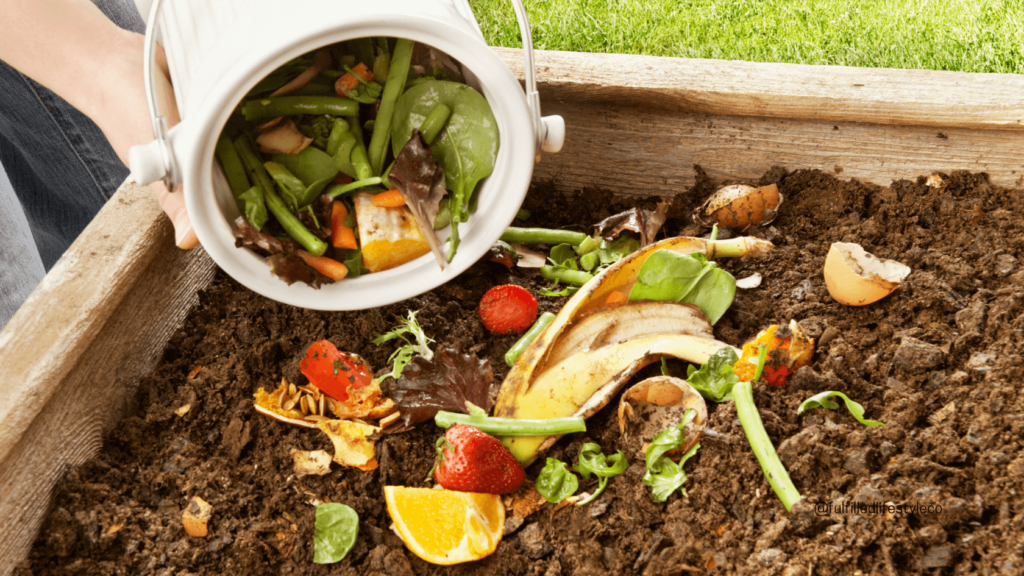
Ditch the Chemicals
Using compost instead of synthetic fertilizers is like choosing a home-cooked meal over fast food. Chemical fertilizers might give your plants a quick boost, but they come with a hefty environmental price tag. They can pollute water sources, degrade soil health, and even release nitrous oxide, another nasty greenhouse gas.
Compost, on the other hand, feeds your plants naturally and sustainably. By enriching your soil with compost, you’re promoting an eco-friendly, closed-loop system that keeps your garden thriving without harming the environment.
Waste Not, Want Not
Composting is the ultimate act of waste reduction. Instead of sending your organic waste to the landfill, you’re turning it into a valuable resource for your garden. This closed-loop approach aligns perfectly with the principles of the circular economy, where waste is minimized, and resources are maximized.
By composting, you’re not just reducing waste—you’re transforming it into a gift for the earth. It’s a small act with a big impact, and we’re here to cheer you on every step of the way!
Get Your Compost On!
Ready to get started with composting? It’s easier than you think! You can compost a variety of organic materials, from fruit and veggie scraps to coffee grounds and eggshells. You can start a compost pile in your backyard, use a composting bin, let worms do the work with vermicomposting, or join a community composting program. Collecting your food scraps before taking them outside to your compost pile or bin has never looked better. Check out our food waste bins here.
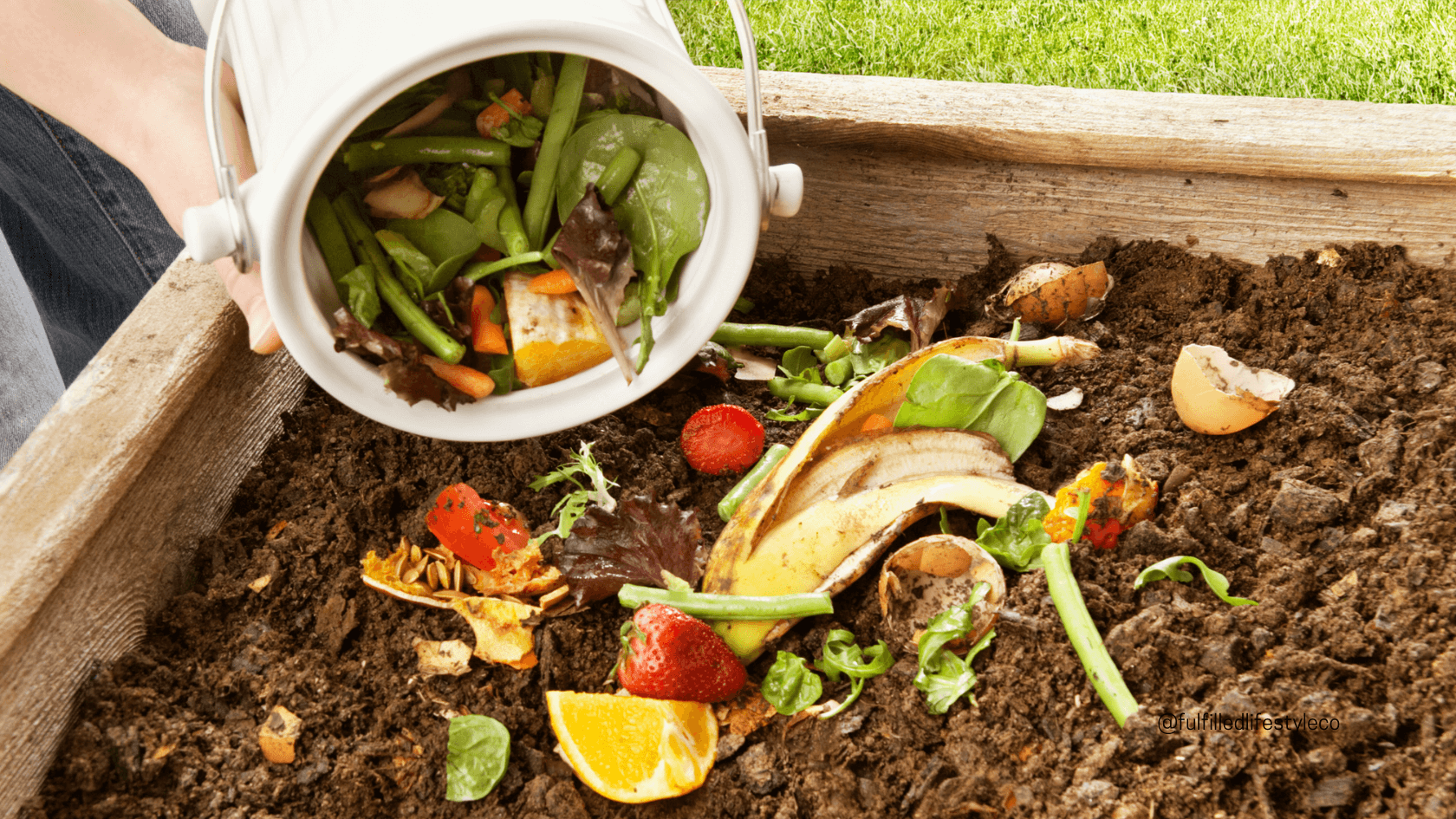

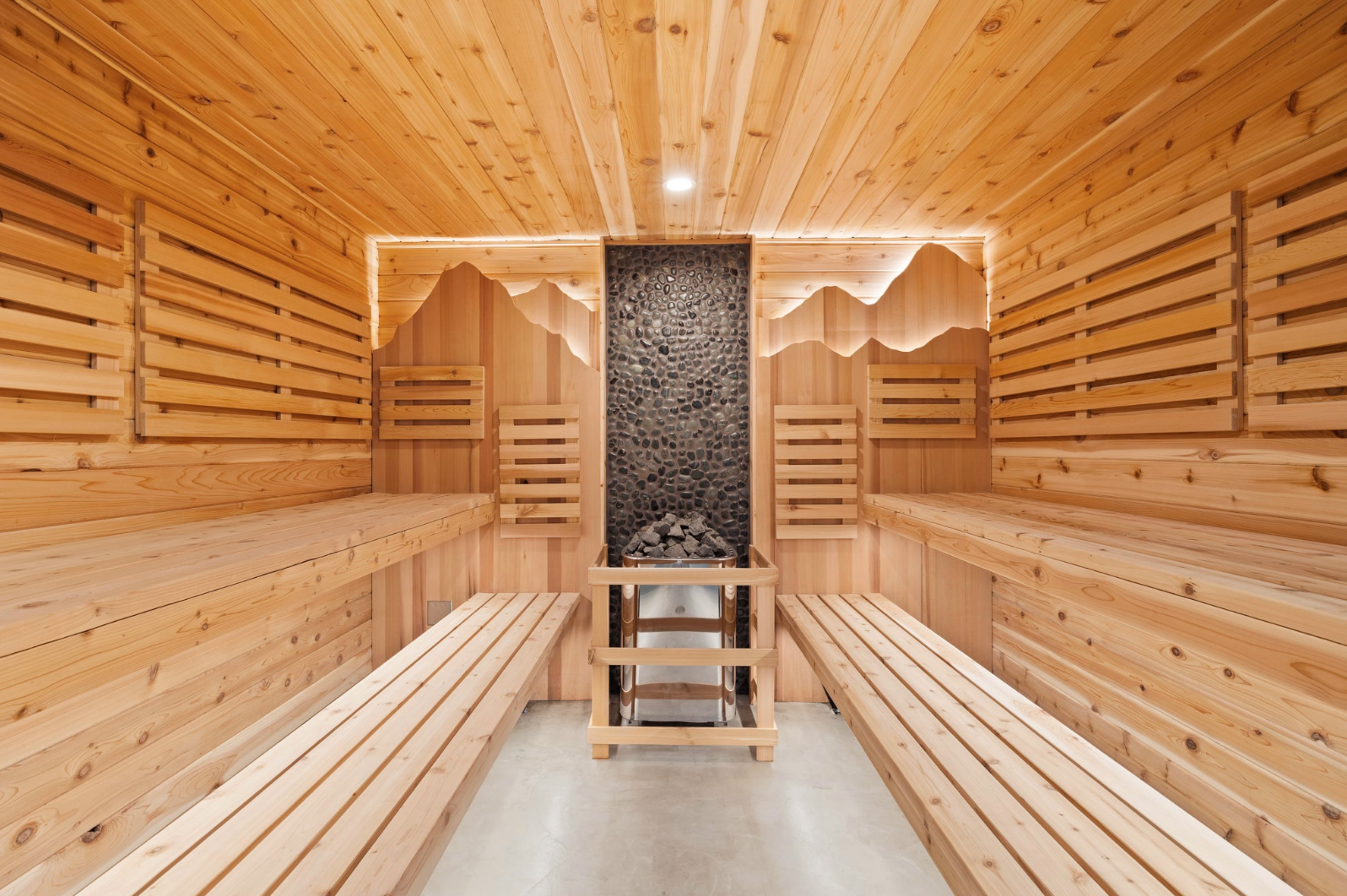
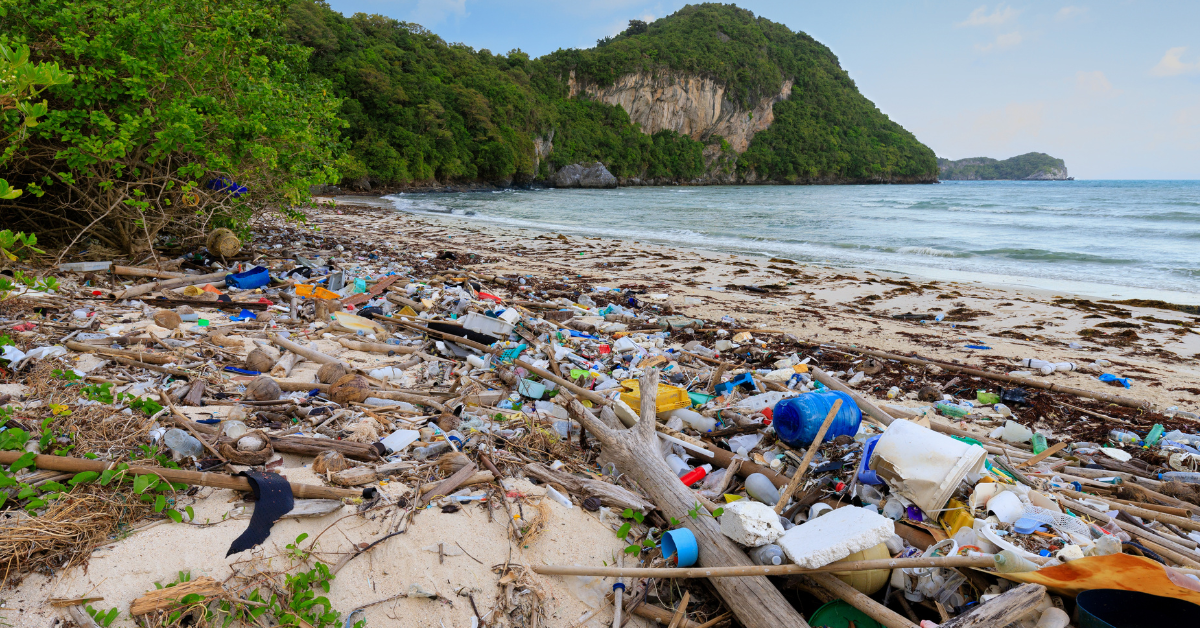
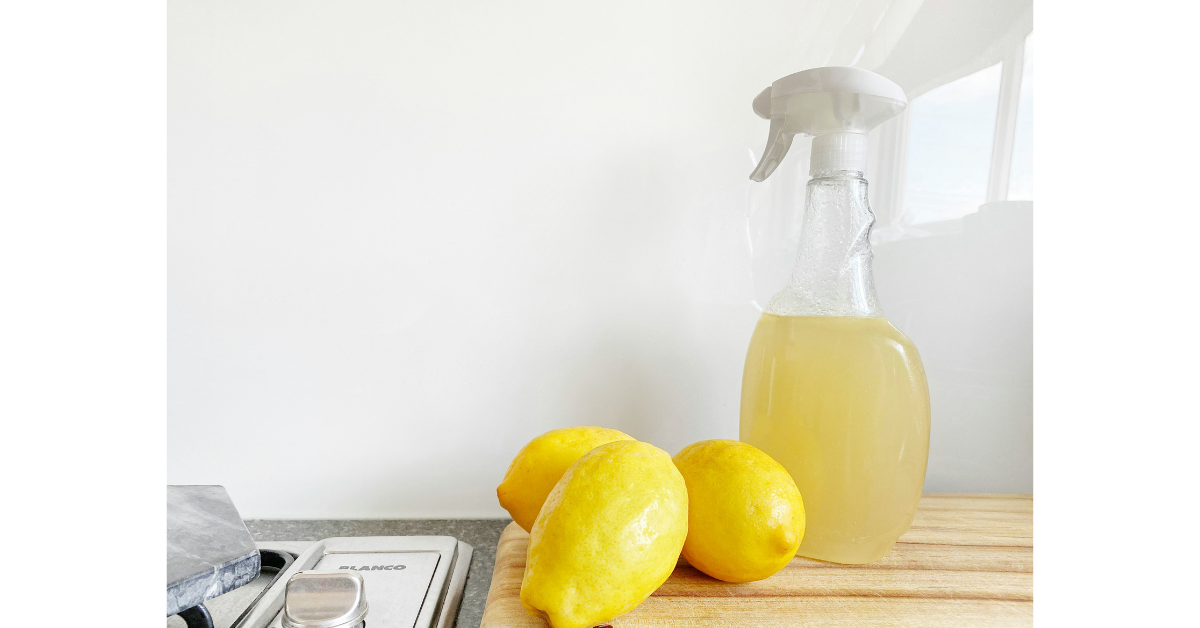

Comments +